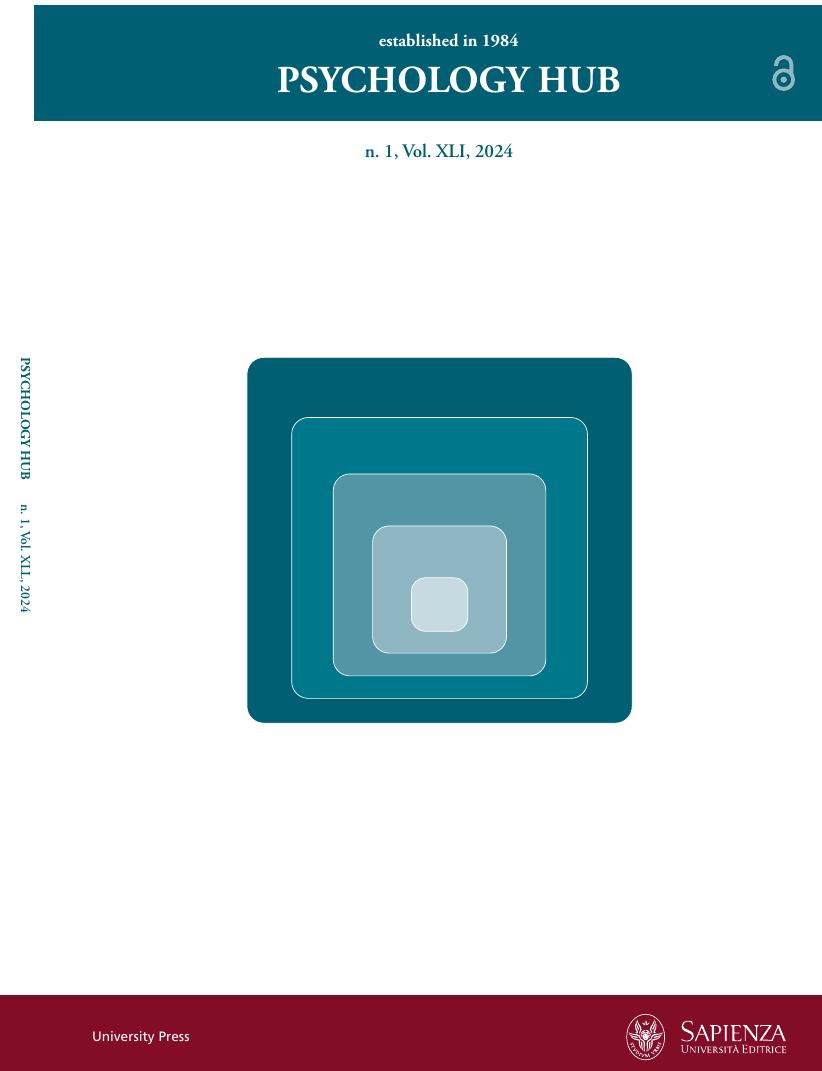A Qualitative Exploration of the role of intersectionality in health disparities faced by Indian transgender persons
DOI:
https://doi.org/10.13133/2724-2943/18227Keywords:
Intersectionality, Health Disparities, Transgender personsAbstract
Transgender persons in India represent a minority and are subjected to varying levels of disparities, including that of health. These disparities for a transgender person are multi-axial and have a complex origin and manifestation that can only be assessed and explored through an intersectional lens where efforts are made to understand the collision of multiple and different identities and the role these identities play in a transgender person’s life. The present research was, thus, an effort to explore the role of intersectionality in health disparities faced by Indian transgender persons. Twelve transgender persons from rural, semi-rural, and urban residences were interviewed. The results of the analysis revealed that lack of knowledge and sensitivity regarding this community, non-acceptance from family, partners or peers, and other society members are important factors that impact their physical, psychological, and sexual health. The analysis also revealed a clearly defined role of intersectionality in disparities of health. The major themes were age, socio-economic status, education, caste, color, and family support which serve a role in disparities of their physical as well as mental health treatment, henceforth resulting in the development of ‘pervasive transphobia’ in the Indian healthcare system. With its distinct findings related to the intersections, it can be concluded that Indian transgender people are disproportionately affected by health disparities. There is an urgency to unfold such disparities of health through the lens of intersectionality.
Additional Files
Published
How to Cite
Issue
Section
License
Copyright (c) 2024 Psychology Hub

This work is licensed under a Creative Commons Attribution-NonCommercial-ShareAlike 4.0 International License.





